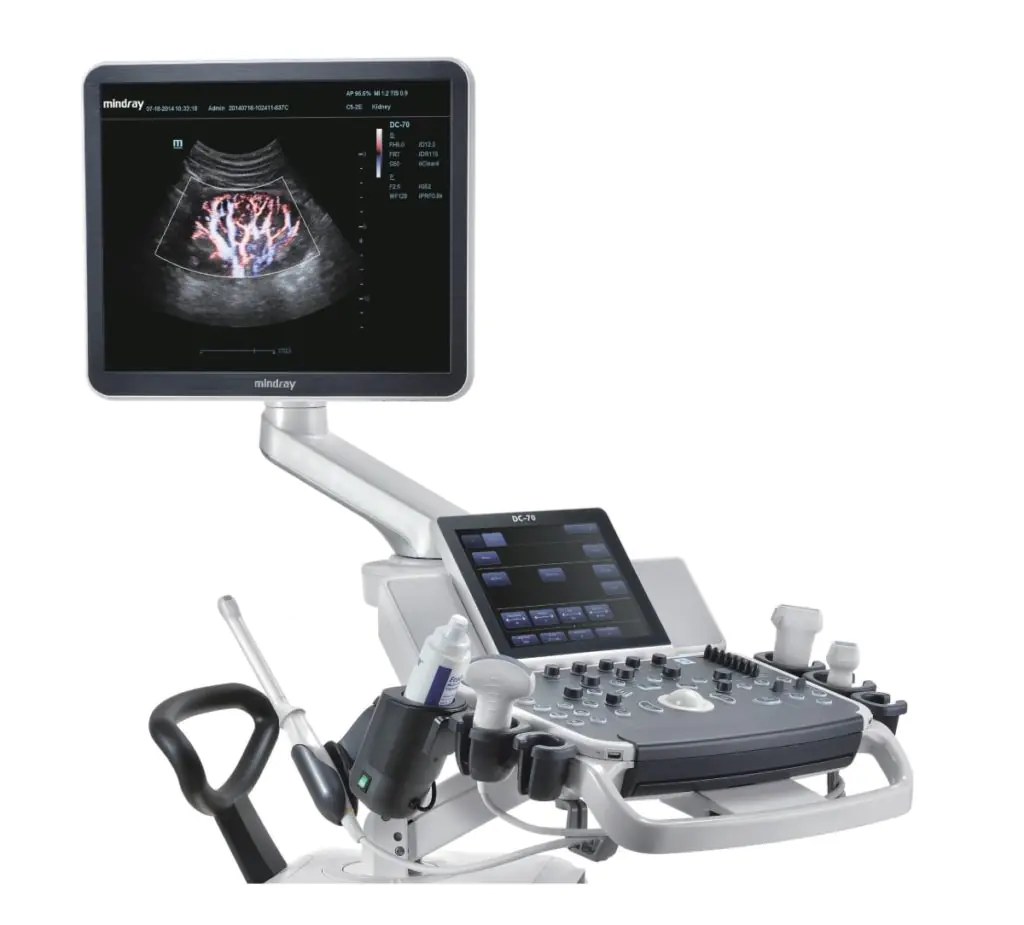During pregnancy, every woman, as a rule, undergoes ultrasound examination several times. In addition to routine ultrasounds, additional examinations may be prescribed if necessary. Some mothers have a negative attitude towards fetal ultrasound, as they consider it harmful. Is it so?

Ultrasound is an assessment of the condition of the unborn baby and mother, as well as possible pathologies. It includes examination of the fetus, umbilical cord, placenta, uterus and appendages. According to doctors' recommendations, it is necessary to do three ultrasounds during pregnancy.
The first is recommended to be done at 11-14 weeks of pregnancy. If this study is performed through the anterior abdominal wall, then it is better to do it with a full bladder so that it is more informative. The doctor pays attention to the condition and location of the fetus in the uterus, the condition of the placenta, the tone of the uterus, whether there are changes in the pregnant woman’s ovaries, and the duration of pregnancy. Conducting an ultrasound before the tenth week is not informative, because the doctor will not be able to evaluate many of these parameters.
The second ultrasound is done at 20-24 weeks of pregnancy. Many parameters are also assessed there: the location and condition of the placenta and amniotic fluid, their quantity. The estimated date of birth is calculated. Thanks to this examination, it is possible to detect many deviations in anatomical development, the formation of large vessels, the gastrointestinal tract, defects of the spinal cord and brain, heart and kidneys, etc. Also, during the second screening, you can most likely find out the gender of the unborn child.
The third ultrasound is done at 32-36 weeks. This study is very important because the tactics and strategy of childbirth depend on it. Conclusions are drawn about the condition of the child and his weight, position in the structure of the placenta, and the amount of amniotic fluid. The condition of the child’s internal organs is checked. During the third screening, Doppler is also performed, which evaluates the condition of the vessels of the uterus, placenta and large vessels of the child. Based on this study, a conclusion is drawn about the condition of the mother, the tactics of labor management and what problems and difficulties may arise during labor.
Usually 3-4 ultrasounds during pregnancy are sufficient, unless there are other indications. But the doctor may prescribe additional tests if: there is pain in the lower abdomen, bleeding, heavy discharge with an unpleasant odor, weak movement of the child, etc.
Is ultrasound harmful for a child? It’s paradoxical, but there are no studies proving unequivocal harm from ultrasound. The World Health Organization recommends that if the pregnancy is progressing normally, then 3-4 ultrasound scans throughout the entire period are sufficient.
There are some studies on mice where they were irradiated for a very long time, corresponding to a month of round-the-clock irradiation for humans, and as a result, some changes were revealed in the cellular structure of the brain. The only study that was conducted on humans showed that among those who were exposed in the prenatal period, slightly more left-handed people than among those who were not exposed. From this we can conclude that perhaps there is still some effect on the brain. But, with modern safe devices, for example, you don’t have to be afraid of radiation.

Although ultrasound has not been unequivocally proven to be harmful, there is still no need to do it every week, there is no need for this, because scheduled screenings will provide all the necessary information about the condition and development of the child.



